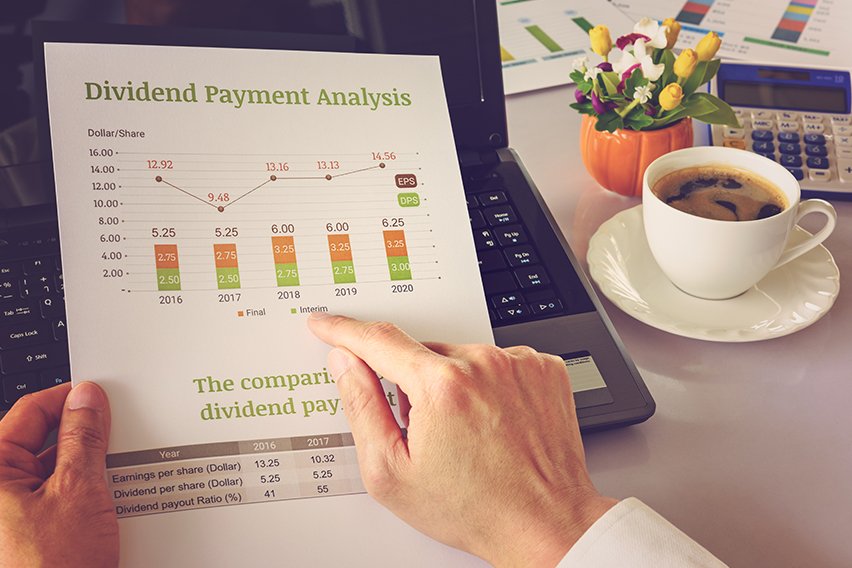What Is a Debenture? Definition & Purpose

Where does most of your business capital come from? Do you have shareholders? Bonds can be useful when it comes to an investment portfolio to help balance stock or high-risk securities. But, debentures are also a type of bond that can help your business raise capital.
Understanding the differences between bonds and debentures and how they work can be overwhelming. But knowing how certain debt securities options work can help you stay prepared. Let’s take a closer look into what a debenture is and how it works.
Here’s What We’ll Cover:
How Can You Invest in Debentures?
What Is a Debenture?
Basically, a debenture is a type of bond that isn’t secured by collateral. Corporations and governments commonly use debentures as a way to help raise capital. They do this instead of taking out a more traditional loan.
Since there isn’t any collateral, investors need to assume that whoever issued the debenture will pay them back at some point. It’s an agreement that the money that they put in will get repaid later with added interest. Since a huge portion of a debenture is trust and faith, it might be more common for companies that have a stronger credit profile.
To break it down even further, you can think of a debenture as an agreement between a borrower and a lender. The agreement gets registered at Companies House and it gets lodged against your business assets.
It can sometimes get known as a floating charge debenture and it includes any assets that you own. The term floating refers to the fact that some assets might change on a daily basis. The most common instance of this would be in the form of stocks.
At the end of the day, a debenture helps secure assets for the lender in case the borrower’s company fails or ends up in liquidation. If this happens, the charge then becomes fixed on the assets’ value at that specific point in time.

How Do Debentures Work?
Most of the time, a debenture gets issued if a company wants to raise capital for a specific reason or business purpose. Once a debenture gets issued, it can be either a floating or a fixed-interest coupon rate. With corporate debentures, interest must get paid out ahead of shareholder dividends.
When the time comes to repay the principal, the issuer can choose either a lump-sum payment or to receive payment in instalments. For example, a city government might need to raise funds for road maintenance or new construction projects.
Or, a larger corporation might be looking to raise capital for their expansion project. When these scenarios happen, a debenture acts as a type of long-term financing.
How Can You Invest in Debentures?
Are you thinking of or exploring the option to invest in debentures? You might be looking to raise capital for a new project or just to diversify your investment portfolio. But, it’s important to understand how to evaluate which debenture is right for your business.
Here are a few things to keep in mind when exploring debenture opportunities.
- The coupon rate is what you will earn by investing in the debenture. It can be either floating or fixed and it’s worth knowing exactly how your rate of return gets calculated.
- A debentures maturity rate has to do with when the issuer needs to repay the investors. This can be critical information to understand if you have a long-term investment strategy.
- Creditworthiness, or your credit rating, is important for evaluating a bond issuer. This is especially important for unsecured debentures. The better your credit rating, the lower the possibility of default.

Key Takeaways
A debenture is considered to be lower-risk compared to stocks, but they aren’t risk-free. There can be some important factors to take into account. For example, there might be interest rate risk if you have fixed-rate debentures. So what happens if interest rates rise?
If interest rates rise after you invest in a debenture, you might not get the highest yields if you’re locked into a low rate. You can also consider how inflation or changing prices for consumer goods could affect your debenture. If inflation is continuing to rise and outpacing the interest you can generate, you might not break even or you could post a negative return.
A debenture can be a way for your business to raise extra capital instead of taking out a traditional loan. It’s an agreement between a borrower and a lender that gets registered with Companies House. It can sometimes get referred to as a floating charge and includes assets that your business owns.
Did you enjoy reading this guide? Head over to our resource hub for more great content!
RELATED ARTICLES

 What Is Cash Flow? Definition, Importance & Examples
What Is Cash Flow? Definition, Importance & Examples Running a Company: What Is a Confirmation Statement CS01?
Running a Company: What Is a Confirmation Statement CS01? Dividend Payout Ratio: Definition, Formula & Calculation
Dividend Payout Ratio: Definition, Formula & Calculation What Is the Effective Annual Rate(EAR) & How to Calculate It
What Is the Effective Annual Rate(EAR) & How to Calculate It Capital Adequacy Ratio (CAR): Definition & Overview Guide
Capital Adequacy Ratio (CAR): Definition & Overview Guide Reducing Balance Depreciation Method: Explanation & Calculation
Reducing Balance Depreciation Method: Explanation & Calculation